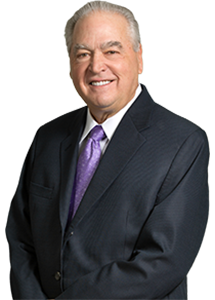A proper estate plan covers not only what should happen upon your death, but also what should happen if you lose your decision-making skills. While planning for incapacity may be as unpleasant as planning for death, it is an important step in the estate planning process. Planning for incapacity ensures that someone you specifically choose and trust can act on your behalf while you are unable to do so for yourself. In another article, we discussed the importance of a Durable Financial Power of Attorney. Here, we discuss why a Power of Attorney for Health Care is equally as important.
A Power of Attorney for Health Care is a document that allows you to appoint someone, your “health care agent,” to make medical decisions for you in the event you are unable to do so for yourself. This document allows your health care agent to communicate with your health care providers regarding what treatments you do and do not want.
You will still receive medical care if you do not execute a Power of Attorney for Health Care, but you risk not having the right person speak for you on your behalf and not receiving the type of care or treatment you would want. For example, your physician may ask the court to appoint someone to act on your behalf, and your court-appointed agent could subject you to a medical treatment you did not want. Additionally, the appointment process can be expensive, public, and time consuming.
While a Power of Attorney for Health Care is an important part of your estate plan, it applies only to medical decision-making. For this reason, this document is often drafted as part of a larger estate plan.
The attorneys at O’Neil Cannon have experience in drafting various estate plans, both simple and complex, and would be happy to discuss the estate planning process with you. If you are interested in learning more about estate planning, please contact attorneys Carl D. Holborn, or Kelly M. Spott.










